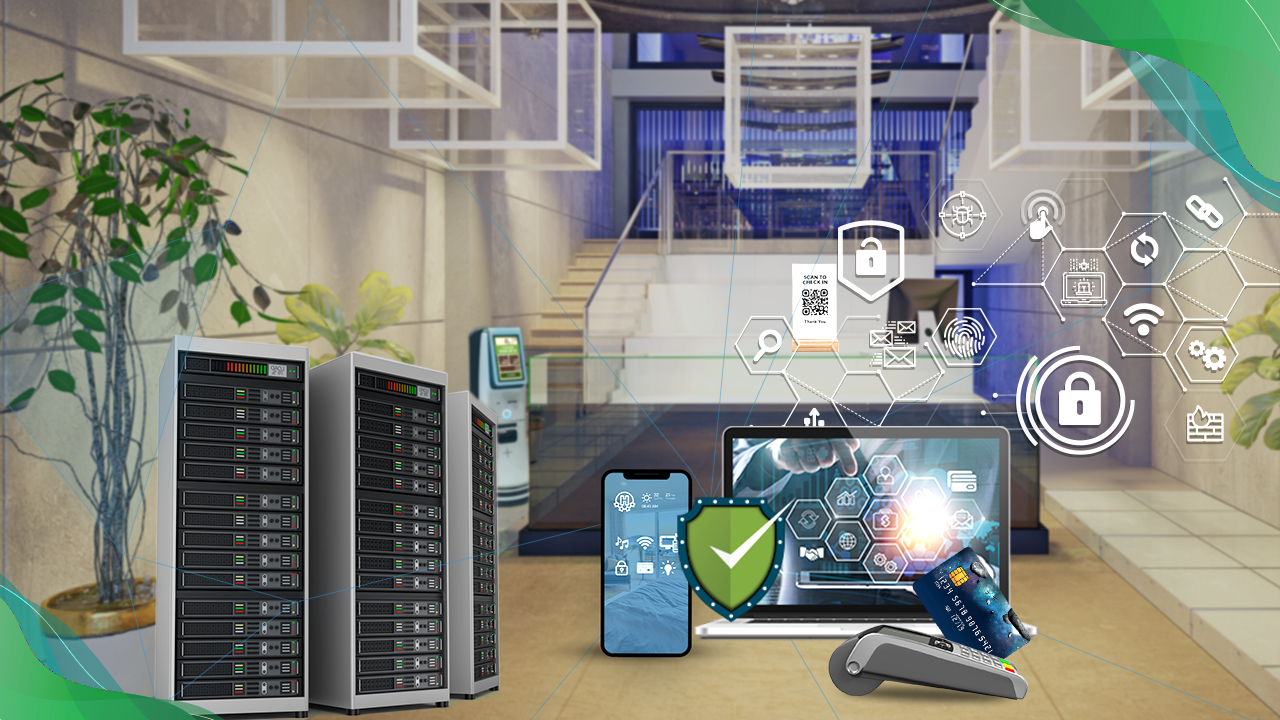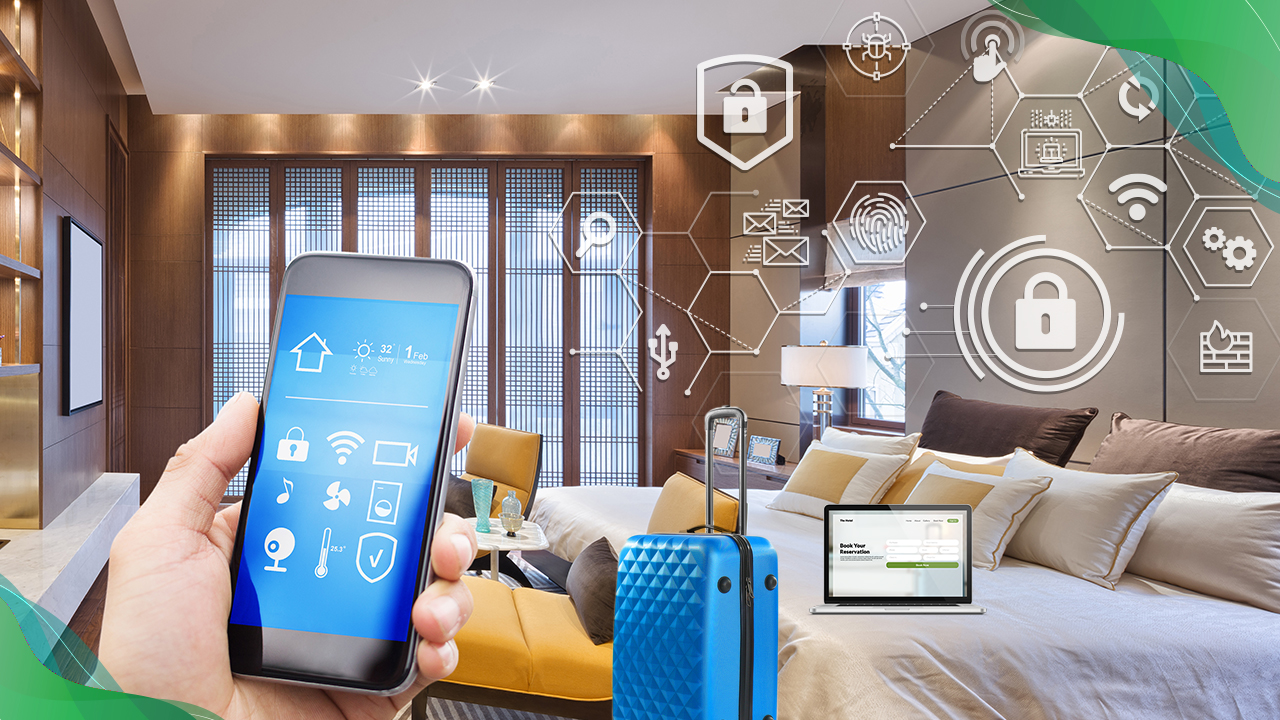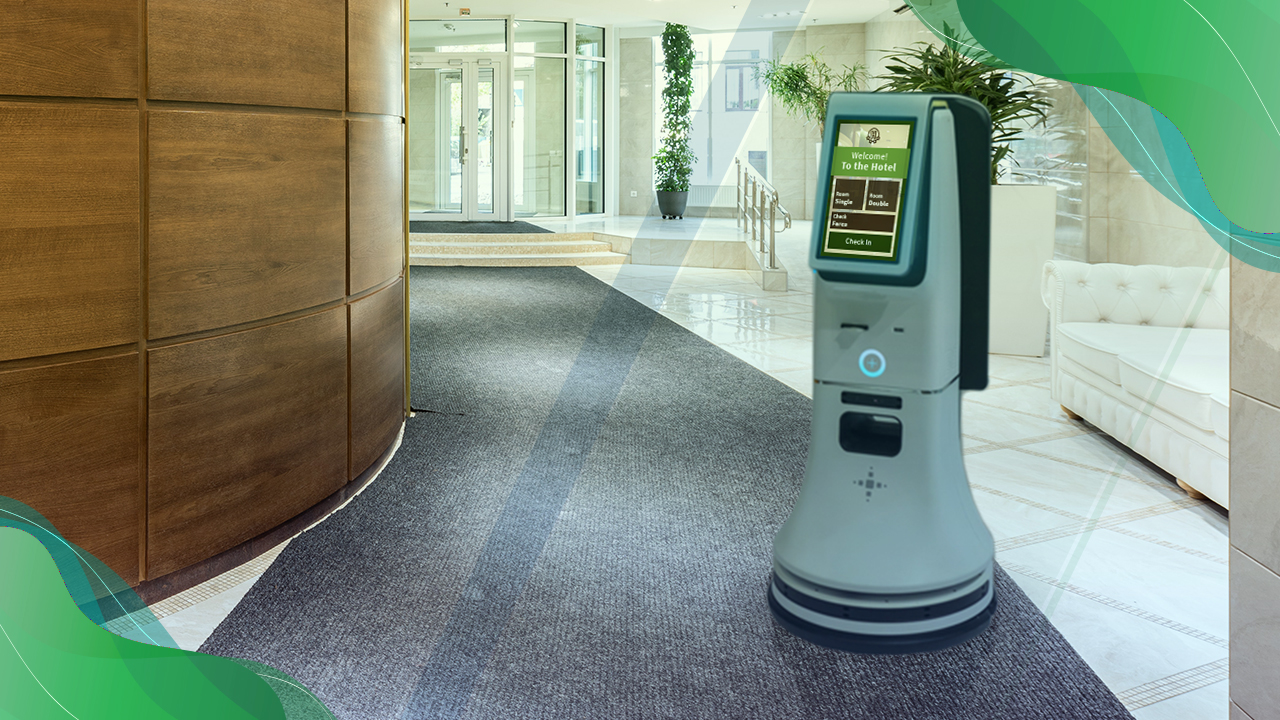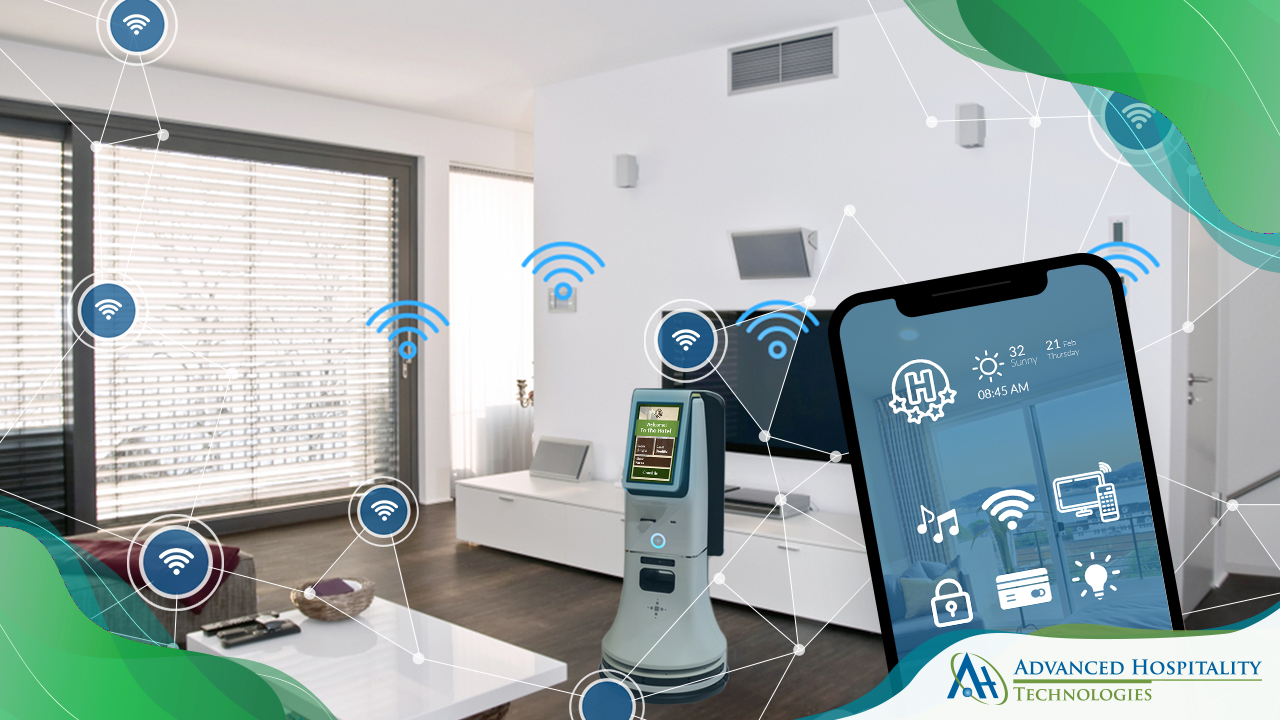Hospitality is going through a rollercoaster ride ever since the COVID19 devastated almost every industry across the world. STRs 30th October 2021 data identified an anticipated decline just ahead of Halloween, with the following stats:
- Occupancy: 58.9% (-5.7%)
- Average daily rate (ADR): US$127.70 (+1.5%)
- Revenue per available room (RevPAR): US$75.28 (-4.3%)
With the uncertainty still present in the hospitality sector, hotel operators have to achieve more, with less. Massive staff layoffs and considerable staff shortages are constantly inclining hospitality operators towards leveraging technology to keep guests engaged and satisfied with their brand.
Technology is already enabling hotels both franchises and stand-alone properties to maintain revenue generation while keeping guests entertained even in the confinement of their rooms.
In their recent blog post , Hospitality technology service provider ALICE, discusses the heavy reliance on digital services to ensure optimal operational efficiency and guest satisfaction in hotels. Sam Ever’s blog discusses three very important factors that hoteliers are experiencing, that include:
- Hotels are maintaining lower break-even occupancy with a lean staff
- Seasonal hotel properties are experiencing labor shortages
- Hoteliers are ‘doing more with less’ through integrated technology
So, how is it exactly that technology can help hoteliers maintain revenue streams while keeping a strong guest satisfaction level in their properties?
Three Ways Technology is Assisting Hotels Elevate Guest Satisfaction Post COVID19
By observing real life cases we can conclude that hotels are integrating interesting variants of technology to make guest stays more personalized and enjoyable.
Contactless Guest Services
Contactless guest experiences are the way for, and scientific research has proved it. A 2020 survey by Skift and Oracle Hospitality identified that 71 percent of travelers would be likely to stay at a hotel that offers digital check-in & checkout, bluetooth room keys, digital communication, and online payments.
Mobile devices have already changed the way travelers book flights, cars and hotel rooms. It is about time hospitality providers adapt to this evolution in service delivery and offer more personalized hotel stays powered by digital tech.
For instance, the Marriott Bonvoy app is one of the leading examples of redesigning the hotel experience powered by mobile devices. The Bonvoy app allows Marriott guests book rooms, check-in, order room service, chat with the concierge, open room doors, and access their bill to name a few features.
Contactless guest service is exactly what it sounds like, a service design built to deliver all essential guest services without human interaction. QR codes are one of the more popular ways hoteliers are providing guests a secure way to check-in to their rooms, order food, and access in-house services without having to engage with staff.
A 2021 Skift report identified that:
“Consumer behavior throughout the pandemic has shown that travel businesses will succeed in the short term by implementing contactless. But in the long term, like many other digital trends (mass remote work, for example), Covid-19 will also serve as an accelerator of innovation.
The reality is that they will need to deliver both: a streamlined, efficient, experience, but also one that is distinctly human and personalized to their in-the moment needs.”
Efficient Operations Management
One of the most difficult things for hoteliers is to maintain optimal background operations with a leaner roster of staff. Leading edge mobile hospitality management software is allowing staff to multitask as they work in the background to make guest stays more satisfying.
One of the leading examples of these is the ALICE platform’s Hotel Operations Suite. The software is a breakthrough designed to assist hotel operators:
- Organize operations and be more efficient
- Get actionable data and real time insights
- Enhance staff communications
- Boost staff productivity
Even breakthrough property management systems like those from Protel, Capterra, and Cloudbeds are designed with cloud management capabilities to provide more versatility to hotel staff and management.
These leading edge PMS and operations management software allow hoteliers to be more efficient while managing the entire property through a central interface. The data and insights that these highly intelligent software provide are themselves critical for hoteliers to determine guest behavior to elevate satisfaction during the stay.
Conclusion
As we move ahead in 2022, there is great promise shown by various technology applications across the world. Mobile apps, QR codes, website services, digital payments, and robotics have already disrupted the way hospitality services are delivered.
To learn more about how technology can assist your hotel, get in touch with our team over our Live Chat now.




